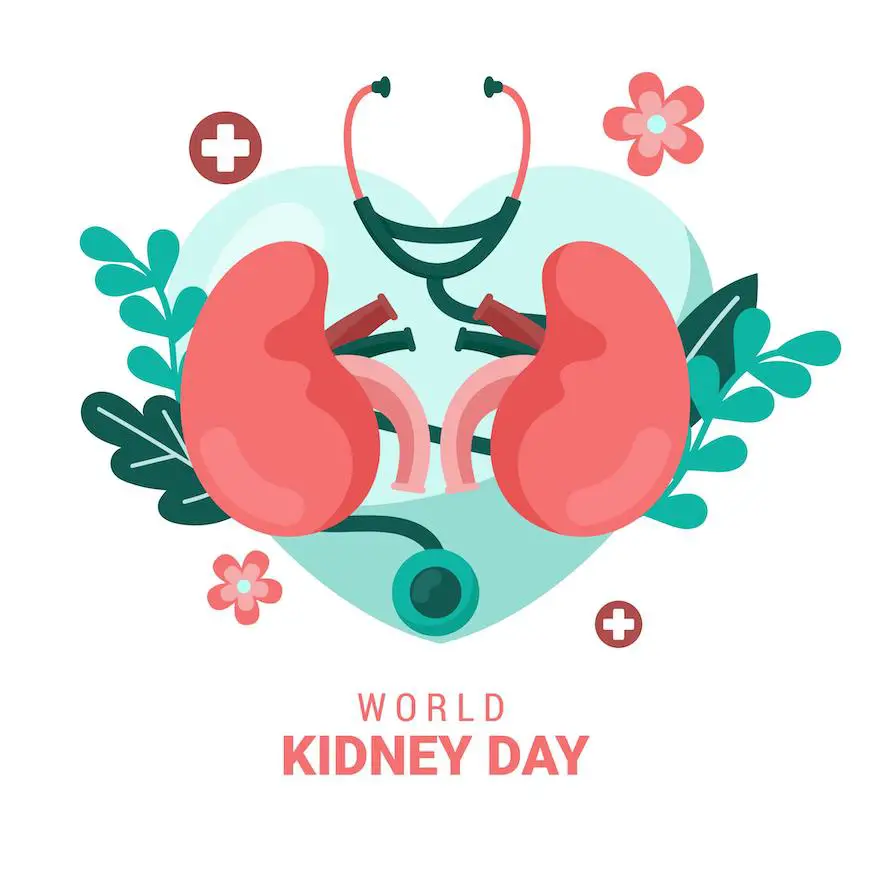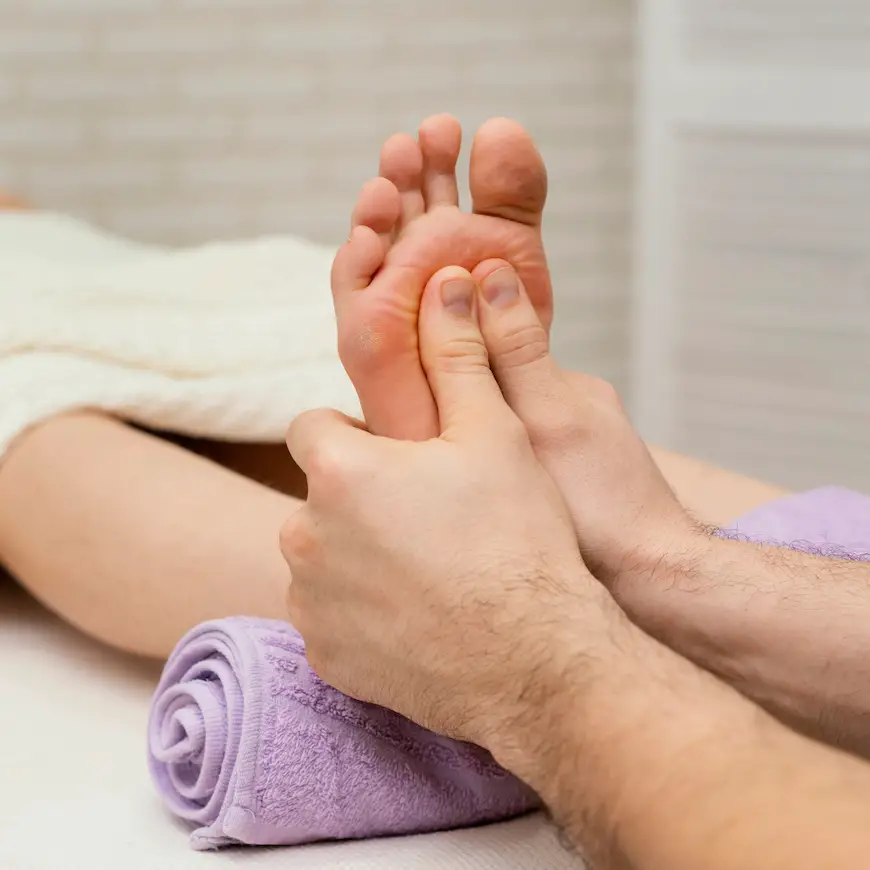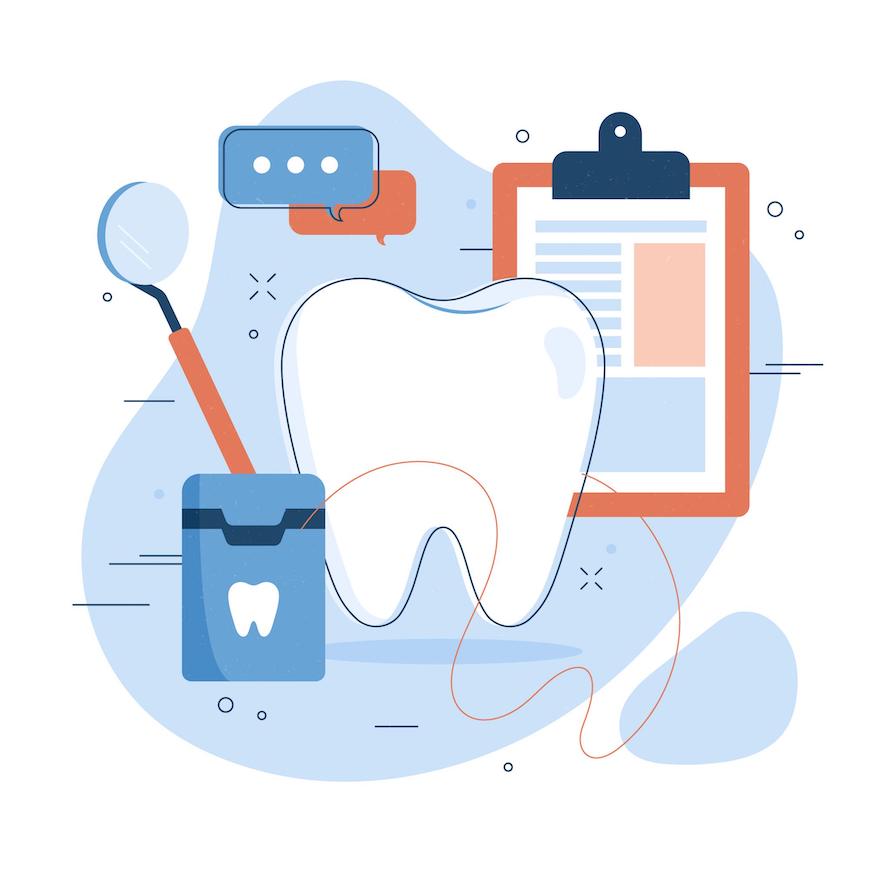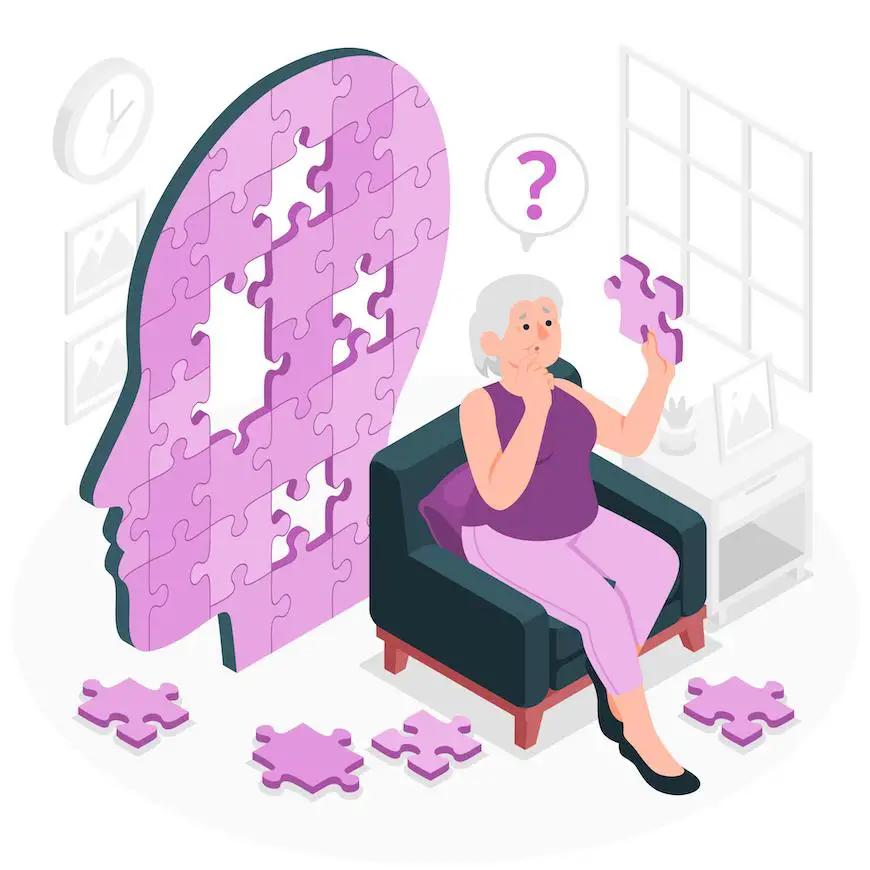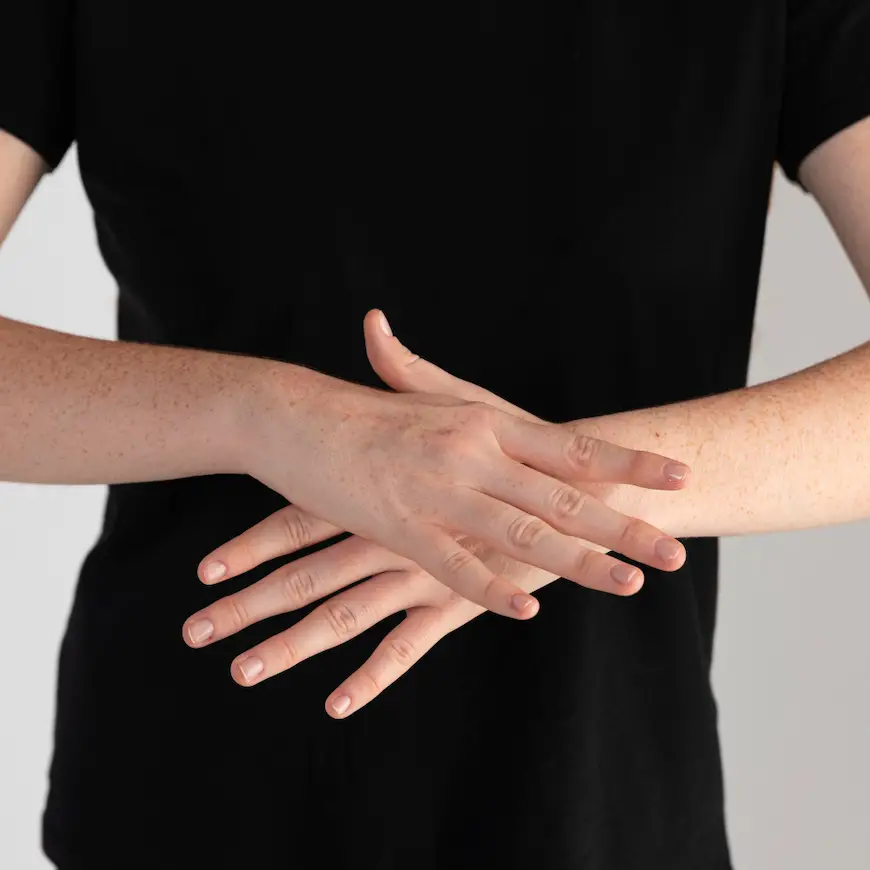Stress is a natural response to challenging situations, and it can be beneficial in some circumstances. However, chronic stress can have serious negative effects on your mental and physical health. In this article, we will explore the effects of stress on mental and physical health, and how to manage it effectively.
Physical Health Effects of Stress
The effects of stress on mental and physical health are connected, we know that physical illness often transforms into somatic, and also somatic illness often causes mental problems. We will start with research of the physical effects of stress:
1- Cardiovascular System: Chronic stress can increase the risk of heart disease, heart attack, and stroke. When a person is stressed, their body releases stress hormones, which cause the heart to beat faster and the blood vessels to constrict. This increases blood pressure and can cause damage to the walls of the arteries over time.
2- Digestive System: Stress can cause digestive problems such as diarrhea, constipation, and nausea. When the body is stressed, digestion slows down, and the muscles in the digestive tract contract, causing discomfort and pain.
3- Immune System: Chronic stress can weaken the immune system, making a person more vulnerable to infections, viruses, and chronic diseases. Stress hormones suppress the immune system, reducing the number of white blood cells, which are essential for fighting infections.
4- Respiratory System: Stress can worsen breathing problems such as asthma and chronic obstructive pulmonary disease (COPD). When a person is stressed, they tend to breathe more shallowly and rapidly, which can cause hyperventilation and exacerbate respiratory symptoms.
Mental Health Effects of Stress
1- Anxiety: Chronic stress can cause anxiety, which is a feeling of fear, worry, and nervousness. Anxiety can interfere with daily life, causing problems with sleep, concentration, and relationships.
2- Depression: Chronic stress can lead to depression, which is a mood disorder characterized by sadness, loss of interest in activities, and feelings of worthlessness. Depression can affect a person’s ability to function and enjoy life.
3- Insomnia: Stress can interfere with sleep, causing insomnia, which is a sleep disorder characterized by difficulty falling asleep, staying asleep, or waking up too early. Insomnia can exacerbate stress and cause physical and mental health problems.
4- Substance Abuse: Chronic stress can lead to substance abuse, as people may turn to drugs or alcohol to cope with stress. Substance abuse can cause physical and mental health problems and lead to addiction.
Once we have knowledge about the effects of stress on mental and physical health, we can move on to stress management.
Effective Stress Management Techniques
1- Exercise: Regular exercise can reduce stress and improve physical and mental health. Exercise releases endorphins, which are natural mood boosters, and reduces the levels of stress hormones in the body.
Read also: 9 shoulder workouts to Relax Your Shoulders
2- Mindfulness Meditation: Mindfulness meditation involves concentrating on the present moment without judgment. It can help reduce stress and improve mental health by increasing awareness and acceptance of thoughts and feelings.
3- Yoga: Yoga is a practice that combines body postures, breathing exercises, and meditation. It can reduce stress and improve physical and mental health by increasing flexibility, strength, and relaxation.
4- Time Management: Effective time management can reduce stress by allowing a person to prioritize tasks, delegate responsibilities, and take breaks throughout the day.
5- Social Support: Social support can reduce stress and improve mental health by providing a sense of belonging and comfort. Spending time with family and friends, joining a support group, or seeking help from a mental health professional can be effective ways to manage stress.
6- Relaxation Techniques: Relaxation techniques such as deep breathing, progressive muscle relaxation, and visualization can reduce stress and promote relaxation.
7- Healthy Lifestyle: Maintaining a healthy lifestyle can reduce stress and improve physical and mental health. Eating a healthy diet, getting enough sleep, and avoiding unhealthy behaviors such as smoking and excessive alcohol consumption can be effective ways to manage stress.
In conclusion, we can see that the effects of stress on mental and physical health are huge.
Read also: Stress effects on the body
However, effective stress management techniques can help individuals reduce the effects of stress on mental and physical health, and improve overall health. By incorporating regular exercise, mindfulness meditation, yoga, time management, social support, relaxation techniques, and a healthy lifestyle, individuals can manage stress and live a healthier, happier life.
Dr. Julian Miles is a board-certified general medicine physician with over a decade of experience in delivering comprehensive care to individuals of all ages. With a focus on preventive medicine, holistic wellness, and chronic disease management.


